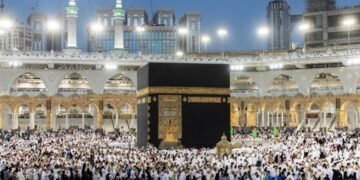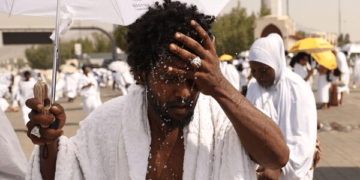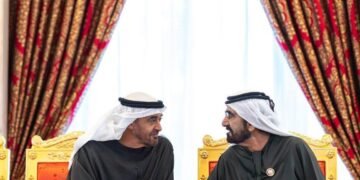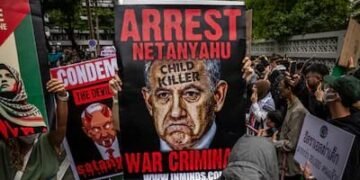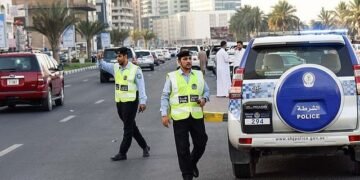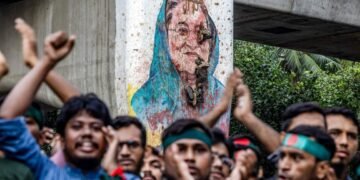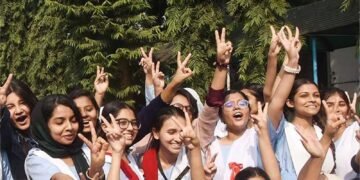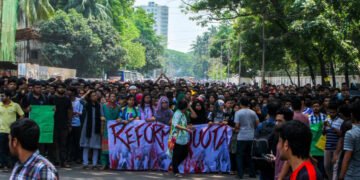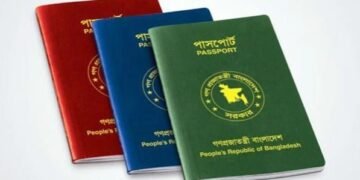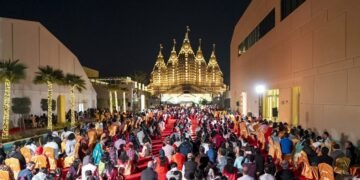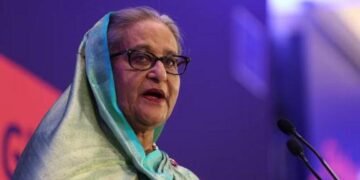Imran Khan’s excellent showing at the polls has upended Pakistan’s traditional political forecast. As is usually the case in Pakistan, most of the leaders who contest elections against the military are defeated.
Supporters of jailed former Prime Minister Imran Khan are also elated by the success of their party’s candidates. Because they won more seats than their rivals in last week’s polls. However, they are alleging election rigging. Even if they get more seats in the vote, other parties have more chances to form the government than them.
Imran Khan’s supporters have gone to court to complain about the defeat of dozens of their candidates. Besides, he is pressuring the Election Commission for the irregularities in the counting of votes. They say that they will hold a peaceful protest in front of the Election Commission office in the constituencies where they feel rigged. Meanwhile, protests have erupted in several parts of the country, particularly in the volatile southwestern province of Balochistan.
This year’s elections have reflected popular discontent over the influence of the military in Pakistan’s politics, which is bound to put pressure on the country’s army chief, General Syed Asim Munir. In this situation, General Munir has to decide whether he will go to some compromise with Imran Khan, or insist on forming a strong alliance of anti-Imran.
Many analysts consider the second path weak and unsustainable. In a statement last Saturday, General Munir called for unity and camaraderie, indicating his interest in engaging with Imran Khan. Farwa Amer, director of South Asia at the Asia Society Policy Institute, said that whatever path General Muni chooses, the dominant military could lose public support.
Imran Khan’s continued imprisonment will be a tough task for Pakistan’s established military establishment. With his political victory, the demand for bail will also intensify; Especially in the cases in which he was convicted just before the election. Imran got bail in one of many cases last Saturday. The case was related to attacks by his supporters on military installations last May. But he still has to face sentences of several decades in several other cases.
Many analysts now compare Imran Khan’s victory with Benazir Bhutto’s victory in 1988. At that time, Benazir won the election despite opposition from the military and intelligence. Then the generals were forced to hand over power despite the discomfort under the pressure of the US. But Benazir was not given full power. He did not have the power to change or influence Pakistan’s foreign policy and nuclear weapons. In the end he could not even complete the term. His government was ousted in 1990 on charges of corruption and mismanagement.
Anwarul Haque Kakar, the Prime Minister of the country’s caretaker government believes that a coalition government is going to be formed in Pakistan. He said there is a high possibility of a hung parliament.
He said that there was no political motive in shutting down social media during election voting. This is done due to security situation.
He also said that as the caretaker government, it was their responsibility to ensure security ahead of the elections. Balochistan witnessed two terrorist attacks in the run-up to the polls, indicating a precarious situation.




